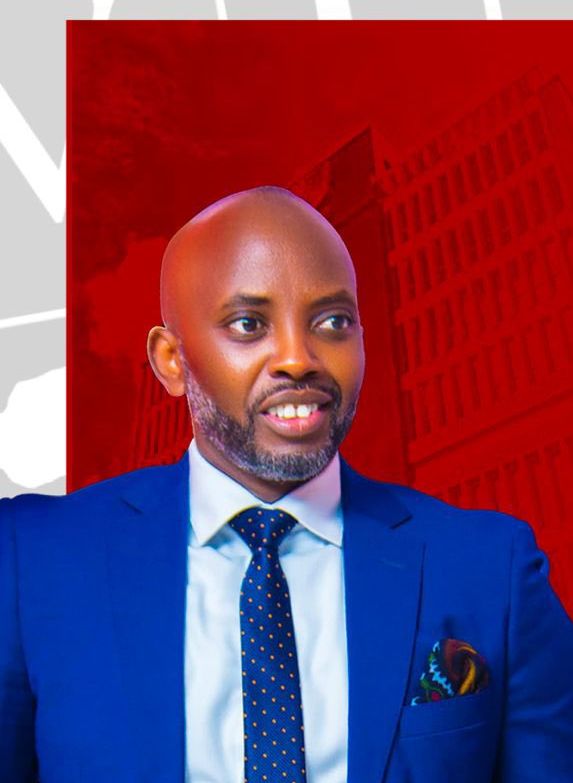PhDs vs AI: Victoria University’s Dr. Muganga sparks timely academic debate
Dr. Muganga posed a daring challenge to conventional thinking: What is the place of a PhD in a world where machines are outpacing human capabilities in research, knowledge production, and even teaching?

In a stirring address at the 75th Vice Chancellors’ Forum hosted at Africa Renewal University, Dr. Lawrence Muganga, the Vice Chancellor of Victoria University, raised eyebrows and important questions about the future of academia in an era increasingly dominated by Artificial Intelligence.
Delivering his remarks, Dr. Muganga posed a daring challenge to conventional thinking: What is the place of a PhD in a world where machines are outpacing human capabilities in research, knowledge production, and even teaching?
“We are in a world where machines are beating us,” Muganga asserted. “AI platforms today are more immersive and efficient than us teachers a million times.”
His comments came at a time when universities across Africa are grappling with the dual challenge of keeping up with rapid technological advancements while retaining the rigor and credibility of traditional scholarship. Quoting from an internal conversation among academia, Dr. Muganga questioned whether the current model of producing PhDs often seen as the gold standard of intellectual authority remains viable or even relevant.
“The PhDs we get are preparing us for this new world? Or are we holding on to them because we live in a world of inadequacy, and we fear letting go?” he challenged.
A Call for a “Third Way”
Rather than dismissing academic credentials altogether, Dr. Muganga proposed a “third way” , a reimagined role for PhDs and professors in today’s AI-enhanced world. “Maybe we need to become critical thinking coaches, digital literacy guides, and ethical stewards. Because machines, no matter how powerful, still lack ethics, empathy, and judgment.”
In a world increasingly defined by artificial general intelligence where machines don’t just compute but can “think” better and faster than humans, Dr. Muganga argued that the value of educators must shift from content delivery to character formation and critical mentorship.
“We can’t compete with AI in speed or storage. But we can lead in values, creativity, and the human touch. That’s where the professor of the future must stand.” Rethinking the Purpose of Higher Education, Dr. Muganga also touched on the broader purpose of university education, warning against a rigid academic pipeline that assumes every learner must become an academic.
“Are we still training people to follow the path we went through, first class, master’s, PhD, postdoc, or are we shaping professionals for the world as it is? Not everyone will become an academician, and that’s okay.”
The speech was met with applause and reflection from a packed auditorium of education leaders, scholars, and policymakers. Some praised it as a much-needed wake-up call in a system slow to change. Others expressed concern that too much focus on technology could erode the foundational values of academia. Yet, all seemed to agree on one thing: Dr. Muganga’s address has re-ignited a critical national and continental conversation.
As AI continues to evolve, can traditional academia evolve with it? Or will it cling to titles and systems that are slowly becoming obsolete? Dr. Muganga may not have offered all the answers, but he has undoubtedly sparked a debate that universities can no longer afford to ignore. “We need a better, faster, smarter way to educate,” he concluded. “And perhaps, just perhaps, that third way is already here.”







